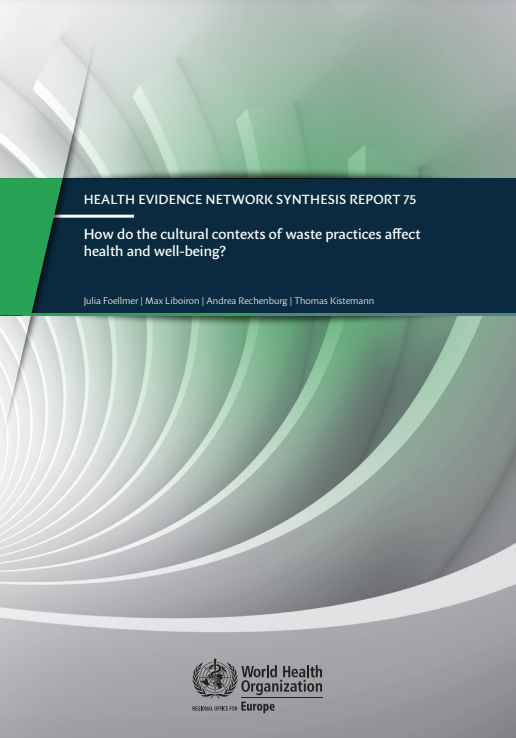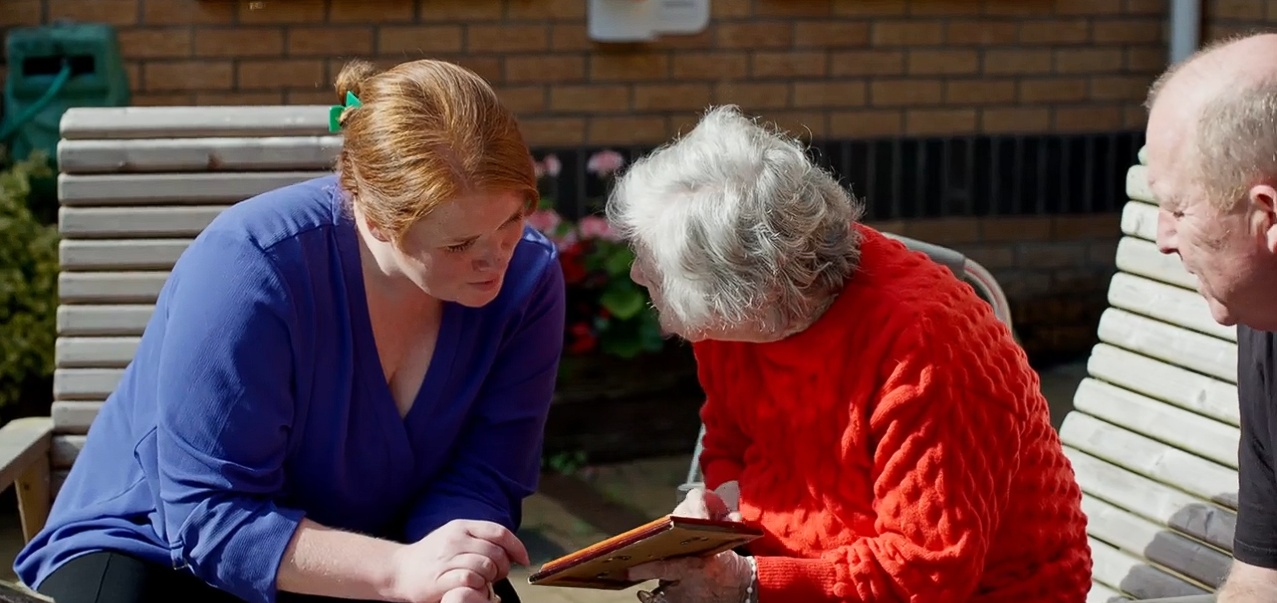
-
Download document
English (pdf, 17,15 MB)
How do the cultural contexts of waste practices affect health and well-being?
Managing the increasing amount and complexity of municipal solid waste poses a growing challenge to the entire WHO European Region, with serious implications for human health and well-being. Addressing this requires moving beyond technical innovations to better understand and integrate a wide range of factors, including cultural contexts. By examining evidence from a broad array of disciplines in peer-reviewed and grey literature, as well as case studies from the Region, this report opens up a systematic engagement with the role of culture in waste management practices and how this fosters or undermines conditions for health and well-being. While highlighting various tensions between cultural forces at multiple scales, the evidence suggests that culturally grounded approaches to waste management can yield higher rates of public participation and cross-sectoral collaboration, be more sustainable in the long term, and lead to better health and well-being for the wider public, particularly for groups with heavier health burdens associated with waste. The evidence provides a sound basis for strengthening existing policy frameworks and identifying areas in which culture can be a driver for improved policies that are supported by all stakeholders.




